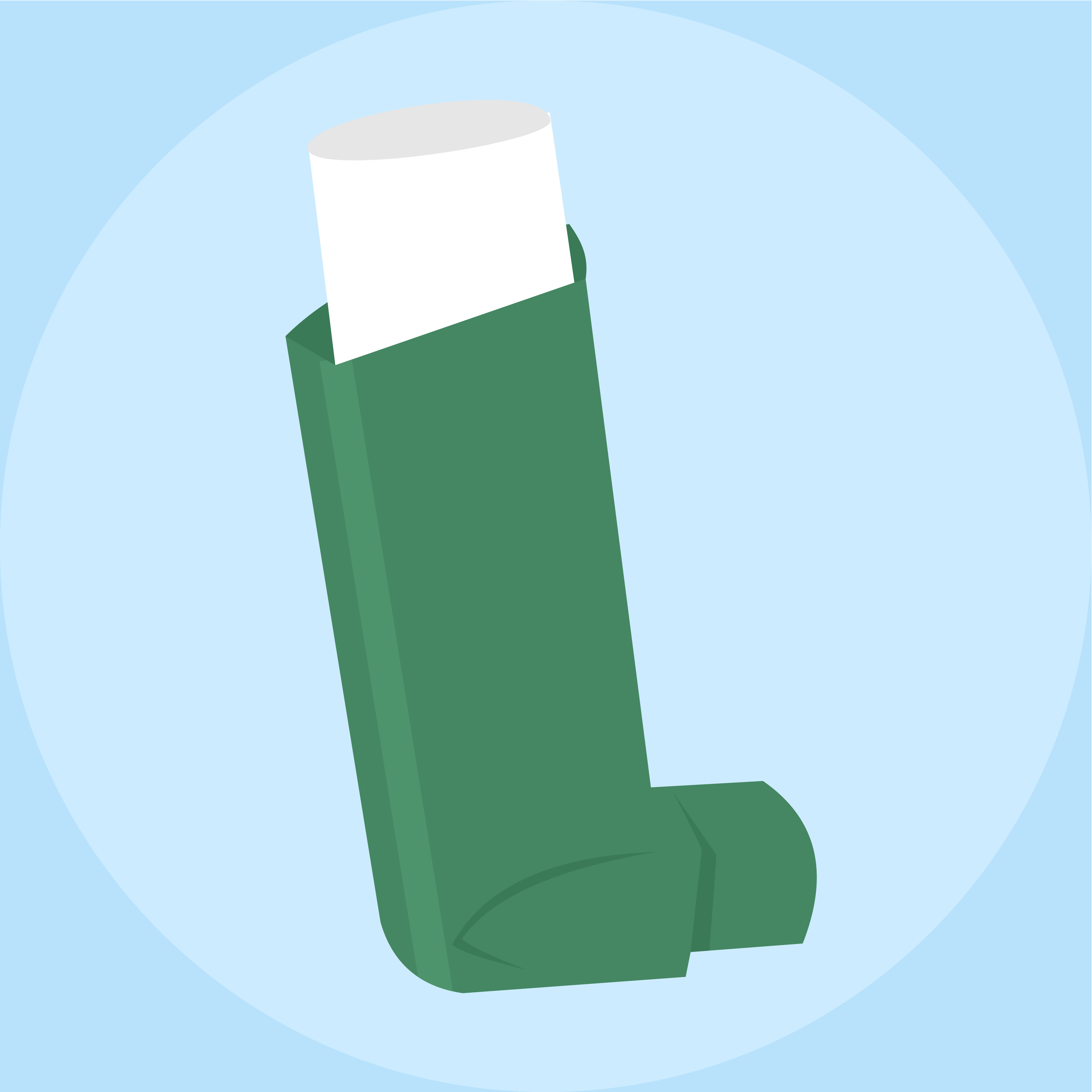Owlstone Medical has announced that it has won an award of up to $49.1m from the Advanced Research Projects Agency for Health (ARPA-H) for the Platform Optimizing SynBio for Early Intervention and Detection in Oncology (POSEIDON) programme.
POSEIDON aims to develop first-in-class synthetic-sensor-based Multi-Cancer-Early Detection (MCED) tests for Stage I detection of more than 30 solid tumours using only breath and urine samples.
These tests can be performed at home and will be available over the counter.
The patient-related economic burden of cancer in 2019 was more than $21bn in the US, of which treatment costs are by far the largest component.
Critically, costs associated with late-stage diagnoses are much higher than early-stage; however, cancer is difficult to detect early when it is most curable.
Drastically reducing late-stage diagnoses by detecting cancer at Stage I would not only increase treatment effectiveness but also significantly reduce cancer care costs, restoring up to $2.3tn to the US economy.
Currently, available screening technologies are unable to address this need due to performance limitations.
Plus, many Americans are too remote to access clinic and hospital-based screening programmes.
While emerging technologies such as liquid biopsy hold great promise for later-stage cancer detection, performance in early-stage cancer detection has been insufficient.
The POSEIDON project aims to overcome this challenge by delivering accurate, low-cost cancer screening for more than 30 solid tumours to Americans aged 18 and older.
 The project involves the inhalation of a mix of pan-cancer and tumour-specific synthetic sensors from a single-use inhaler.
The project involves the inhalation of a mix of pan-cancer and tumour-specific synthetic sensors from a single-use inhaler.
These then circulate throughout the body and accumulate on the surface of cancer cells.
The reporters produced by the sensors are either DNA-based, which act as a readable barcode, or a set of volatile organic compounds (VOCs), supporting the detection of 36 cancers in total.
These will be collected at home or in the clinic in urine samples or from breath, using portable collection and analysis devices.
Results will be able to be uploaded in real-time to electronic health records (EHR) for rapid review by healthcare professionals, integrating seamlessly into clinical practice and digitally enabled care.
This new, unique approach offers significant advantages over competing technologies.
These include boosting the signal to enhance test performance such that cancer is reliably detectable from its early stages, enabling simple and non-invasive sample collection at home, rapid result generation and EHR integration.
Plus, a low-cost manufacturing model will mean that economics are not a barrier to the adoption of the technology as the new standard of care for early cancer detection.
"The POSEIDON programme allows for a better future by creating broadly accessible, at-home tests that will accurately detect more than 30 cancers as early as Stage I, when tumours are still small and the chances of survival are high," said POSEIDON Programme Manager Ross Uhrich.
"This revolutionary funding effort brings together experts in synthetic biology, oncology, medical devices, big cancer data and commercialisation to create test kits that will transform how and when people are screened for cancer."
"POSEIDON will allow every American the opportunity to test themselves long before they have symptoms and at their discretion."
"POSEIDON’s rigorous performance metrics and translational focus reflect our clear commitment to bring these technologies safely and directly to all Americans."
Billy Boyle, co-founder and CEO at Owlstone Medical, added: "Access to an accurate and low-cost MCED test that does not require a doctor’s visit or laboratory testing is key to preventing late-stage diagnoses."
"This award validates both breath as a diagnostic approach and Owlstone’s EVOC probes as a reporter technology to overcome the shortcomings and challenges that have held back early cancer detection previously."
"We are grateful to ARPA-H for the opportunity to bring transformative MCED testing to every American within the next decade."
